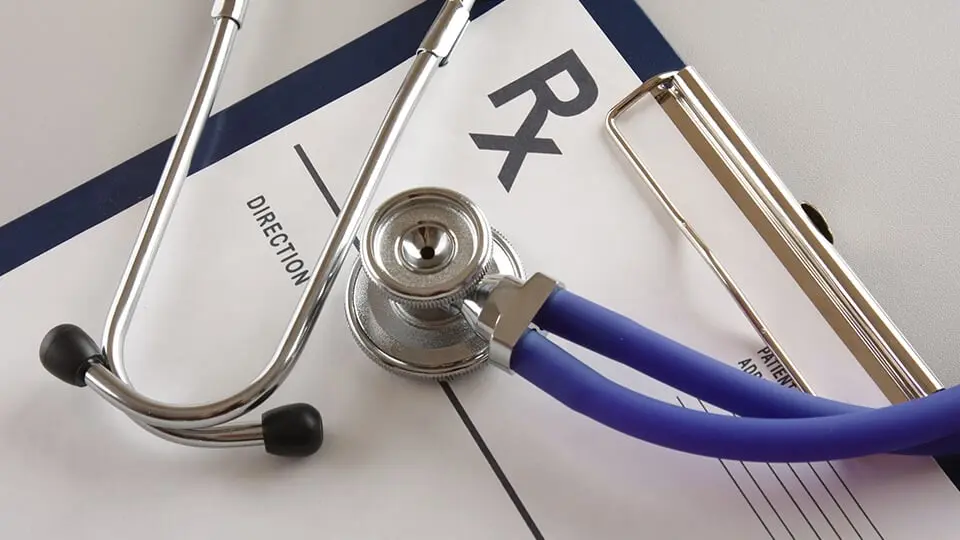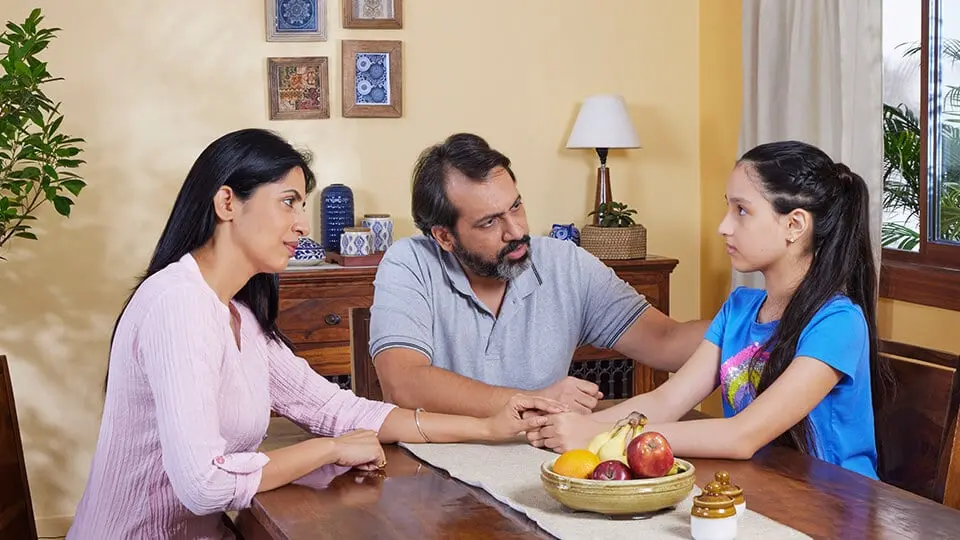What is pcos?
Polycystic Ovary Syndrome or PCOS is a common medical condition that causes hormonal disorder common among women of reproductive age. It affects the normal functioning of the ovaries, leading to the production of an abnormally high amount of androgen – the male hormone.
Now, in a regular menstrual cycle, ovaries release a mature egg into the uterine lining, and if the egg is not fertilized, you get your periods. But what PCOS does is, it causes enlarged ovaries filled with fluid-filled sacs (or follicles) containing an immature egg that does not mature enough to be released, leading to no ovulation, thereby messing up the regular menstrual cycle.
While PCOS is not a curable condition, symptoms of PCOS are quite manageable and oftentimes the treatment doesn’t even involve medications. Let’s understand the signs, symptoms, effects and treatment of PCOS in detail.
What are the signs & symptoms of pcos?
The signs and symptoms of PCOS are hard to miss. If you have PCOS, the following signs and symptoms might become apparent in the latter part of your teens and early twenties:
Irregular menstrual cycle or no periods – the hormonal imbalance and consequent absence of ovulation prevent the timely shedding of the uterine lining.
Heavier than usual bleeding – when the periods do arrive, they can be heavier than usual.
Abnormal hair growth – a majority of women dealing with PCOS experience abnormal hair growth on the face and body.
Acne – excess androgen production can lead to oilier than usual skin and frequent breakouts.
Weight gain – women with PCOS usually put on weight and find it extremely difficult to lose it.
Excess hair fall – PCOS causes excessive hair thinning.
Hyperpigmentation – it can lead to darkening of skin on the neck, under breasts, and around the groin.
What are the effects of pocs?
Chronic hormonal imbalance associated with PCOS can affect various aspects of your overall health.
Infertility – pregnancy can occur only if you ovulate. Since PCOS interferes with ovulation, it can lead to infertility. In fact, PCOS problems are a leading cause of infertility in women.
Obesity – the erratic weight gain caused due to PCOS can lead to obesity. Obesity, in turn, increases your risk of developing metabolic disorders such as diabetes, cholesterol, and hypertension.
Sleep Apnea – in sleep apnea, momentary breaks in breathing throughout the night interrupt sleep. It is more common in obese women with PCOS.
Mental Health – PCOS effects can negatively impact your mental health leading to depression and anxiety.
Endometrial Cancer – when the uterine lining (endometrium) is not shed regularly, its build-up can increase the risk of endometrial cancer.
How is pcos diagnosed?
In order to diagnose PCOS, your doctor is likely to ask you in-depth questions relating to your medical history and prescribe the following tests:
Physical examination – the doctor might check for physical signs and symptoms such as facial hair, skin discoloration, acne, etc. The doctor is also likely to check your blood pressure and measure your BMI (Body Mass Index).
Pelvic Examination – this will help the doctor check for problems, if any, with your reproductive organs such as swollen, polycystic ovaries, or other growth in your uterus.
Ultrasound – an ultrasound examination will enable the doctor to check your ovaries for cysts.
Blood test – the doctor might also prescribe a blood test to check the levels of androgen in your blood. This will also help them rule out other hormonal disorders such as thyroid that often get mistaken as PCOS.
How is pcos different then pcod?
PCOS and PCOD are often used interchangeably but in reality, there are certain subtle differences in symptoms that differentiate the two.
In Polycystic Ovarian Disease (PCOD), the ovaries tend to release many immature eggs that end up turning into cysts. The ovaries become enlarged and secrete more than usual androgen leading to irregular periods, weight gain, infertility, and hair loss.
PCOS is more severe than PCOD. It is a metabolic disorder wherein the ovaries produce more androgen too, but this excessive production of androgen leads to the formation of follicular cysts that hamper ovulation.
PCOS symptoms become visible early on while the symptoms of PCOD are much less severe and most women with PCOD go their entire lives without a diagnosis. It is also easier to treat and cure.
What treatments are available for pcos?
Even though PCOS can be a serious issue, it is completely manageable and the treatment for PCOS involves making drastic lifestyle changes. Cutting out excess sugar and junk food from the diet and replacing it with healthy, nutritious food that is low in carbohydrates can lead to substantial weight loss. This helps in regulating the menstrual cycle and alleviating the PCOS reasons and symptoms.
Complementing a healthy diet with at least 30 minutes of moderate to high-intensity workout has shown to help with PCOS immensely. Along with regulating the menstrual cycle, these lifestyle changes also lower the risk of developing diabetes. In the long run, it also helps in preventing other lifestyle disorders such as high cholesterol, hypertension, and cardiovascular diseases.
How can doctors help in managing pcos?
Apart from the above-mentioned lifestyle changes, in severe cases, doctors might also prescribe medication. These medications help in regulating the menstrual cycle and treating other symptoms of PCOS such as acne and facial hair growth. In rare cases, when none of the treatments work, doctors might prescribe a surgical intervention.
If you are suffering from any of the signs and symptoms of PCOS, it is important to talk to your parents about it and follow a proper course of treatment. Even though PCOS is a severe condition, with consistent efforts and medical intervention it is absolutely treatable.
Takeaway
While it is a serious condition, when diagnosed in its early stages, symptoms of Polycystic Ovary Syndrome are completely manageable– often by simply making better lifestyle choices. If you are experiencing any signs and symptoms of PCOS, there is absolutely no need to get scared or panic. Speak to someone you trust – your parents, your elder sister or even your school’s counsellor, and seek medical intervention, if needed.




